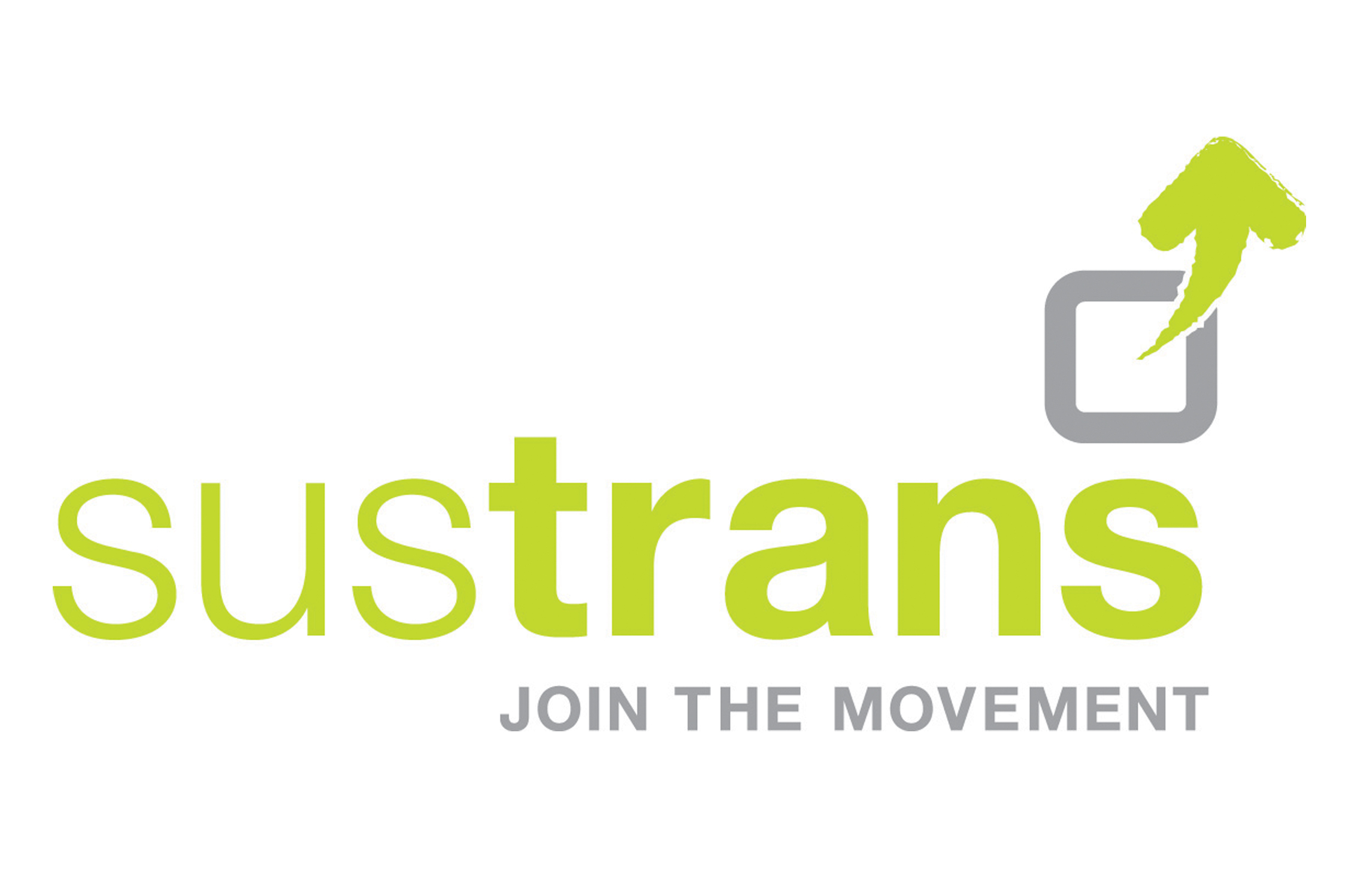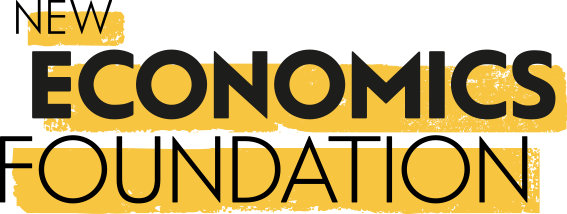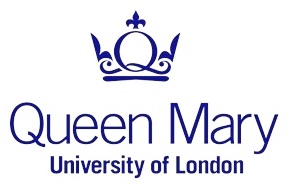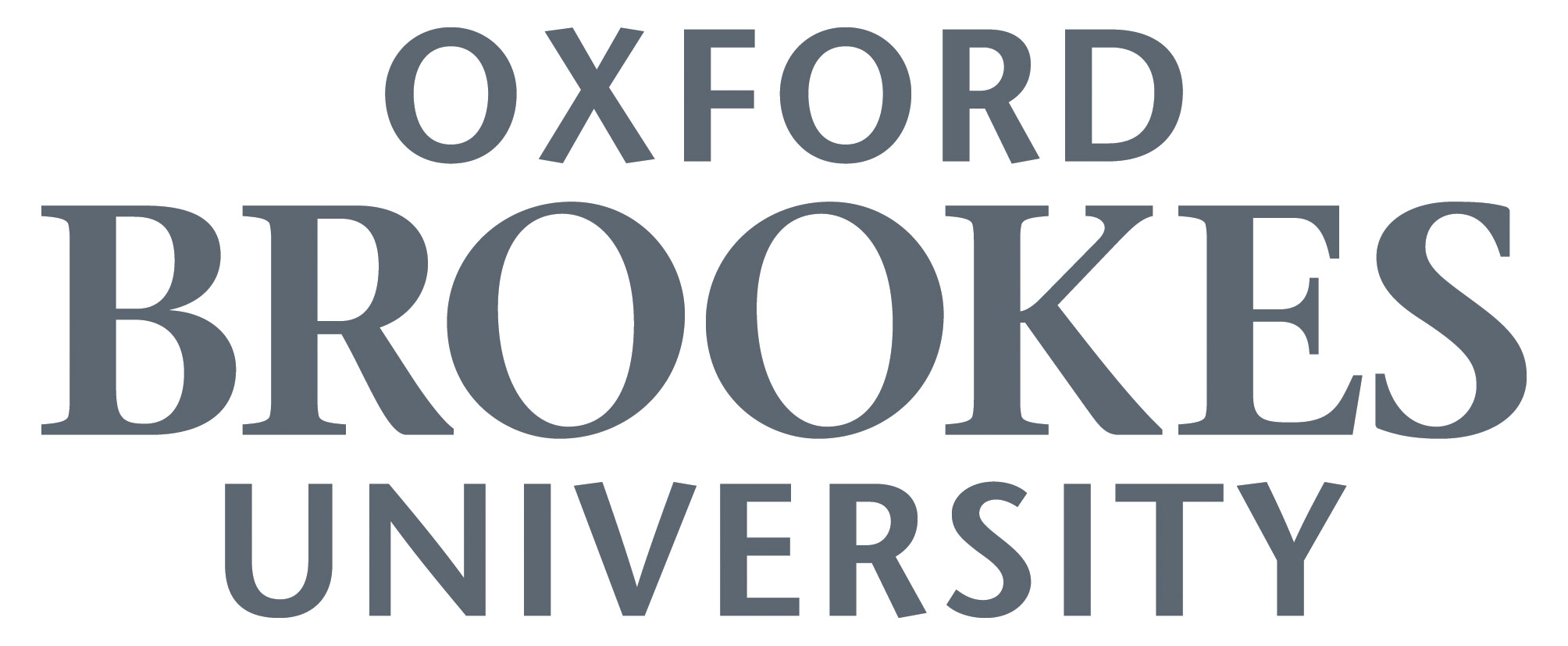Introduction to Oral History Transcription Services from Penguin Transcription
Oral history transcription projects often involve a very large number of interviews for transcription, and as they frequently involve the elderly, speech may be less clear than normal. However, we will normally charge our standard (or discounted) rates even if the speech isn’t entirely clear, simply because we enjoy doing these projects so much!
Collecting oral histories has become increasingly popular over the last few years, with the improvements in audio technology allowing good quality digital recordings to be made, that can be safely archived and easily backed up. And with the improvements in digital technology it is now possible to (relatively) easily edit recordings so that you can pick out particularly relevant or interesting sections for radio broadcast, museum displays etc.
So why get your interviews transcribed?
Transcription can provide an excellent guide to your interviews and it’s fully searchable. That’s something that is just not possible with audio recording, so if you have 25 two-hour interviews about changes in the town centre, and you know that someone in one of them mentioned that statue put up after the war, how do you find it? A simple document search will provide the answer, provided your interviews are transcribed.
Not only that but it can also provide the basis for plays, books and documentaries. These cannot be written by someone simply listening to archives – they will need to see and collate the written material.
Historical researchers will also need to analyse and collate written text in order to draw conclusions. Researchers using interviews and case studies will normally run their work through a qualitative data analysis package, and again that requires written text to work with.
It is important to consider whether or not you need a ‘full verbatim transcription’. For more information on the different levels of transcription please see the transcription type page on our website. Intelligent verbatim will usually be more than adequate and considerably cheaper. However, as experienced oral history transcriptionists we will be happy to include verbatim elements if they are particularly indicating emotion, and also put in, if it’s obvious from the recording and it’s requested, where someone laughs, cries etc.
So if your oral history project really wants to provide an invaluable record for the future, while audio recordings are fascinating and important, the written word is still really the most useful tool.
Our prices for oral history transcription are as follows:
| Oral History Transcription | Price per Audio Minute | |
| Intelligent verbatim | Standard rate | £1.50 |
| Discounted rate for universities, students, institutions and charities | £1.35 | |
| Verbatim | Standard rate | £2.00 |
| Discounted rate for universities, students, institutions and charities | £1.70 | |
| Please note: This only applies to good quality digital recordings – assuming clear recording with minimal background noise and no strong accents. Please see the information on transcription times and type for more information on this. | ||

Going to War – War is an issue covered in a number of oral history transcriptions that we have worked on.
If you’re looking for non-transcription-related advice on carrying out an oral history project, we recommend you visit the Oral History Society, which has a wide range of information and training available.






























